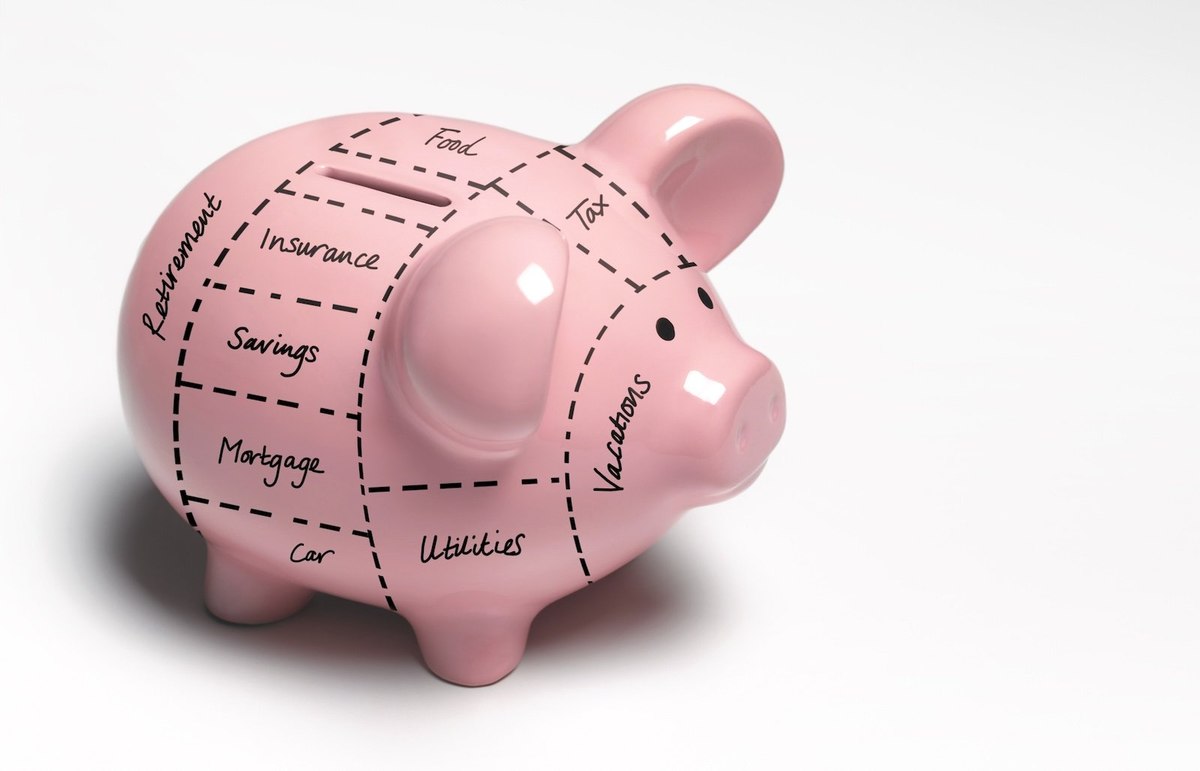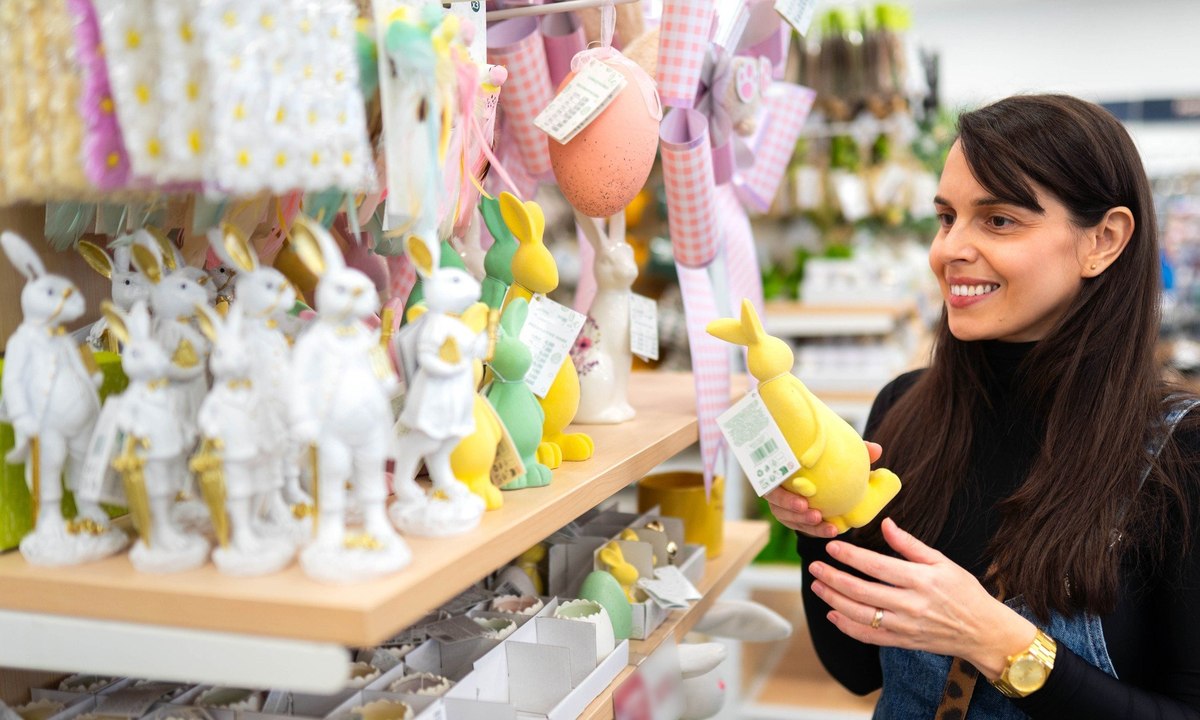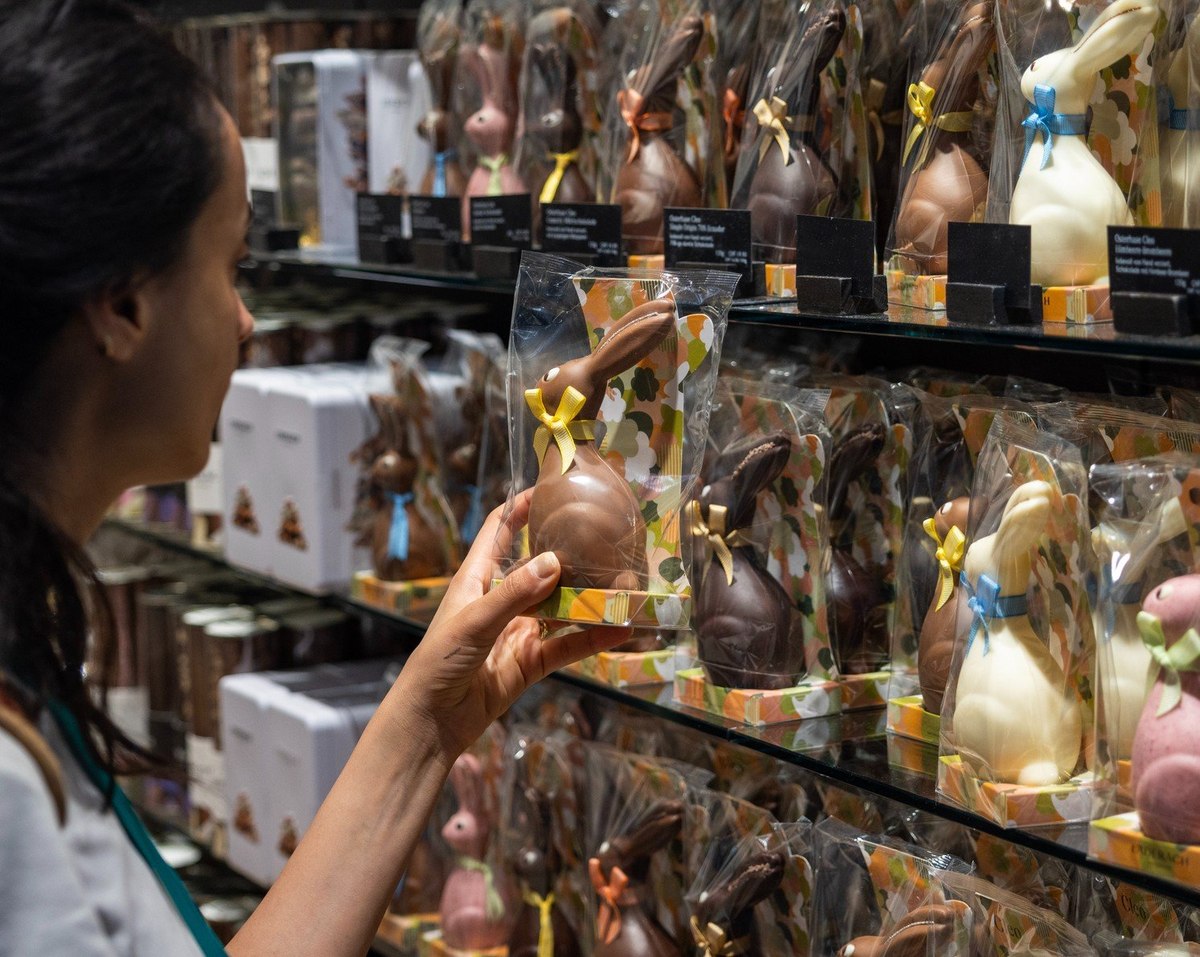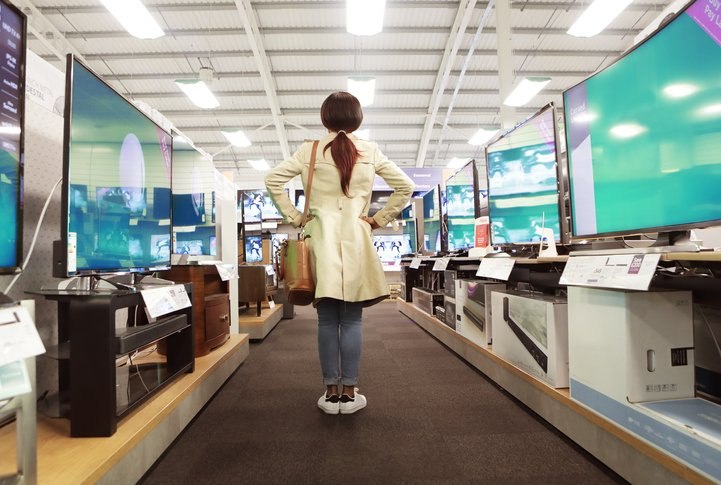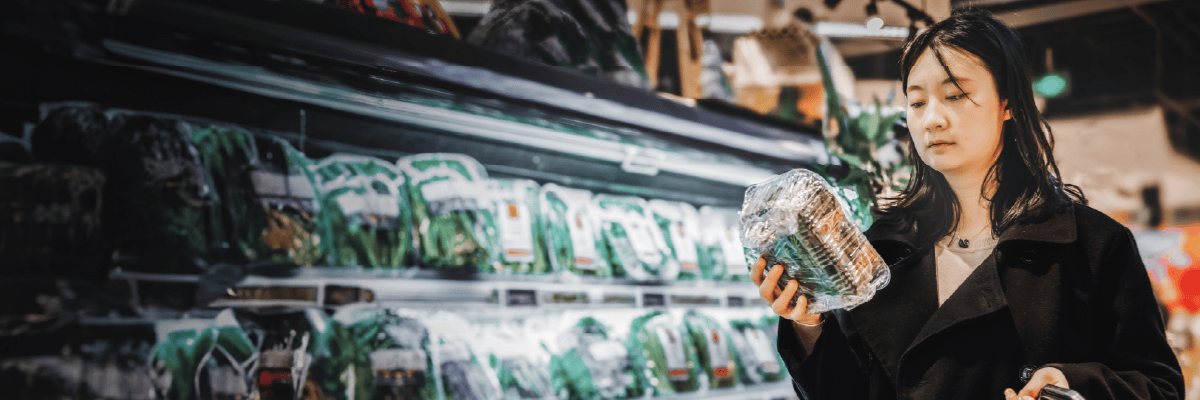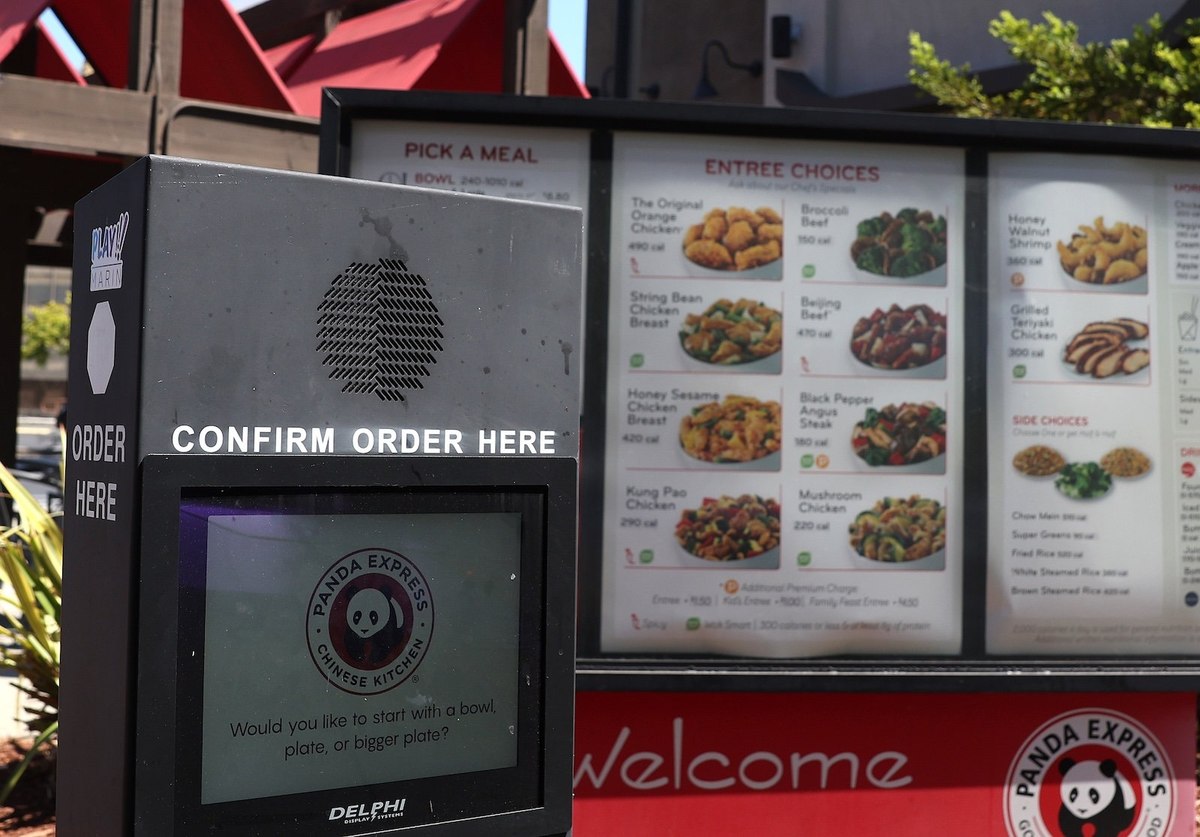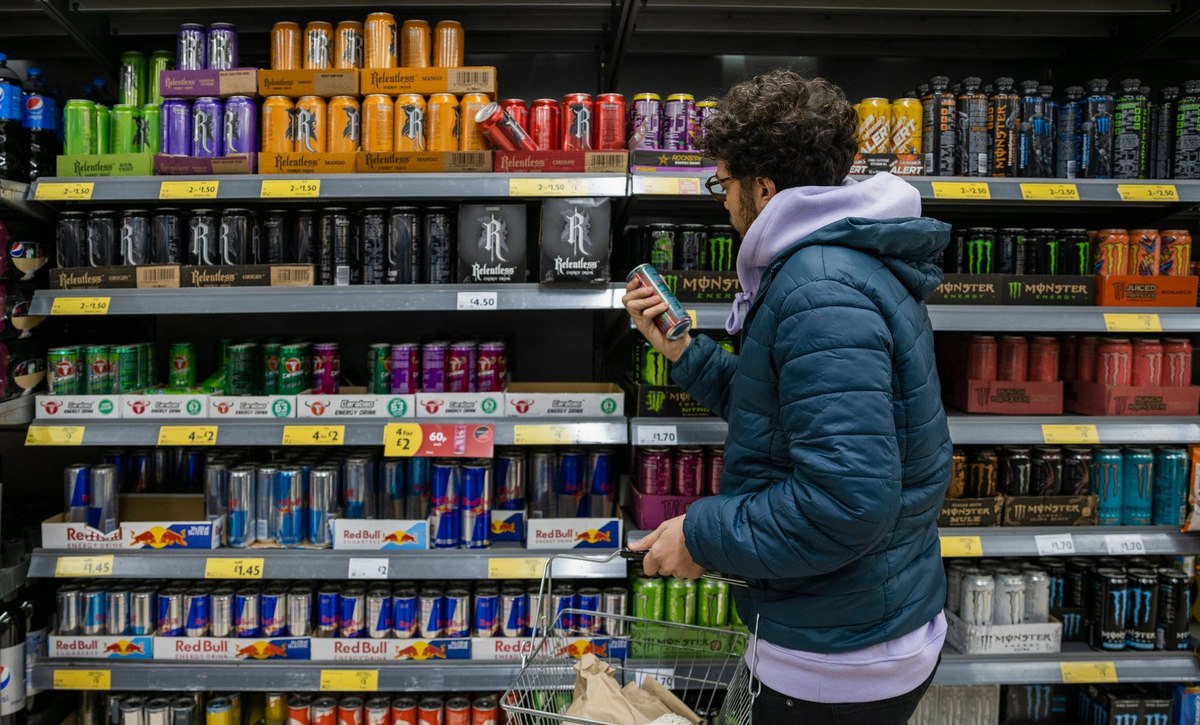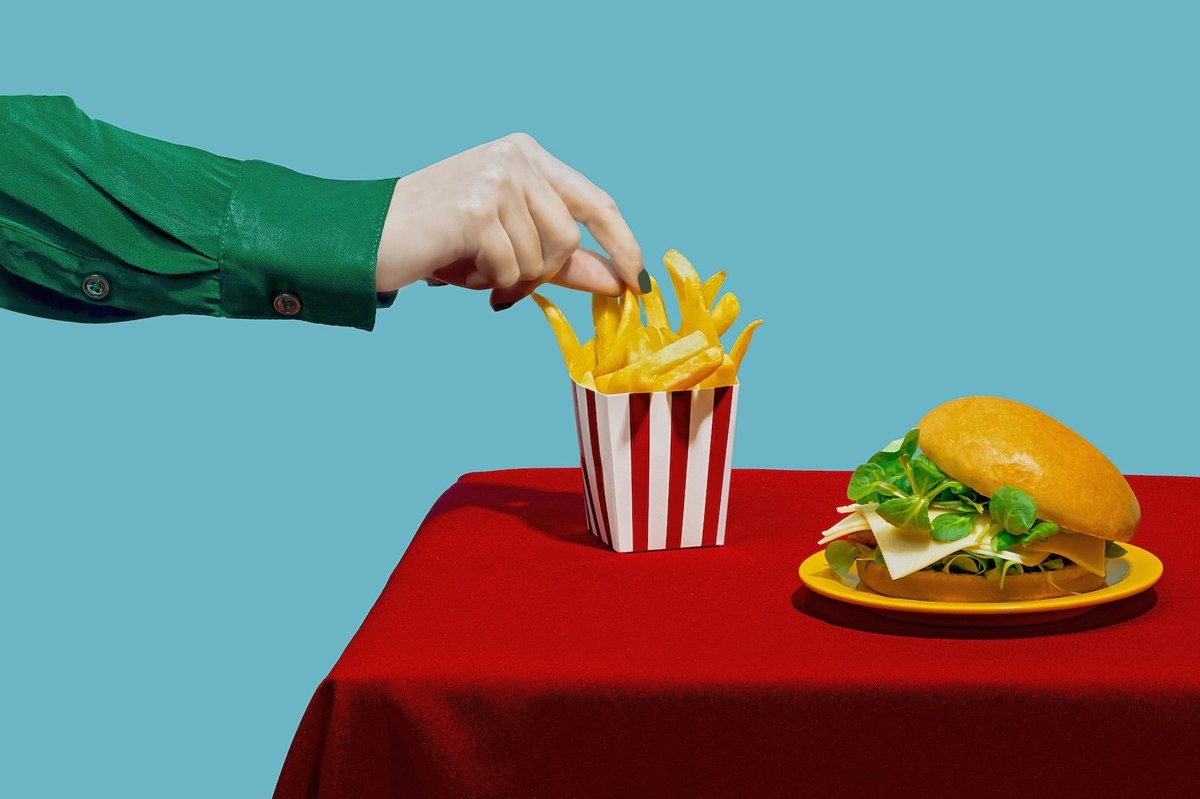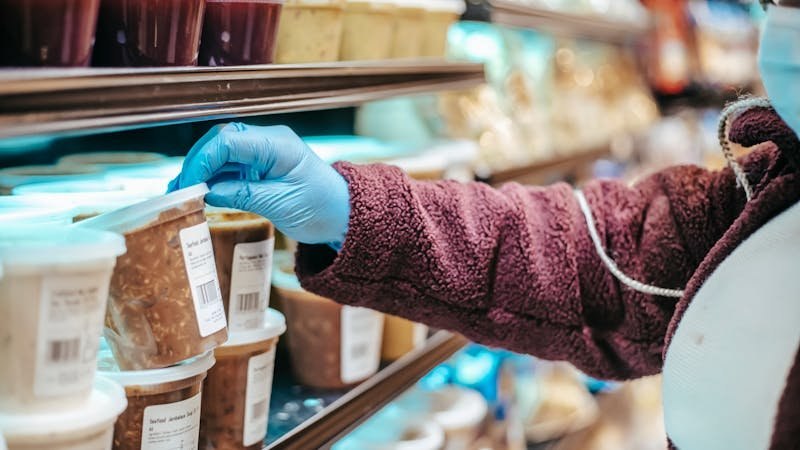
The influence of limited edition labels on food and grocery purchases
For many, grocery shopping is just another mundane task. Enter limited edition labels and could grocery shopping become a tad bit exciting? Think electric blue milk whisking you away to Star Wars galaxies or specially-flavored chips igniting a virtual American road trip – all while browsing the aisles of your local supermarket.
A recent YouGov survey asked consumers across 17 international markets about shoppers’ likelihood of buying food or grocery items if they were marketed as limited edition. Earlier pieces discussed clothes, live event tickets and video games.
YouGov data shows that, compared to other product categories, consumers across markets are most likely to buy food or grocery items (38%) if they are advertised as limited edition offerings than any other category. Over one in ten (11%) are more unlikely to buy them.
Nearly a quarter of consumers (23%) aren’t interested in limited edition food or grocery items at all and a similar proportion’s (22%) purchasing decision wouldn’t be influenced by this label.
By market, the impact of limited edition labels on food or grocery items on consumers’ purchase intent
Consumers in the UAE (67%) and Indonesia (67%) lead across markets in saying they are more likely to buy food or grocery items with limited edition labels on them. Over six in ten Indians (63%) would follow suit.
In Singapore, nearly a third of consumers are more likely (32%) to buy such products.
In Europe, Poles are the most likely (39%) to purchase food items that are marketed as limited edition, followed by Italians (38%).
Similar proportions of Americans (31%) and Brits (30%) are more likely to buy limited edition food items too. The US (36%) and Great Britain (35%) top the list of markets where consumers are most likely to express disinterest in limited edition food or grocery items. Not too long ago Brits were wiping supermarket shelves clean of a limited edition chocolate bar - but only after a price drop!
Hong Kongers (18%) account for the largest proportion of those across markets who are more unlikely to shop for food items if they are marketed as limited edition. Mexicans (15%) and Swedes (14%) follow Hong Kongers.
As for those who would be the most unaffected by a limited edition stamp on food and grocery items, Danes lead (33%), followed by Hong Kongers (30%) and Swedes (26%).
Explore our living data - for free
Discover more retail content here
Want to run your own research? Run a survey now
Make smarter business decisions with better intelligence. Understand exactly what your audience is thinking by leveraging our panel of 26 million+ members. Speak with us today.
Methodology: YouGov Surveys: Serviced provide quick survey results from
nationally representative or targeted audiences in multiple markets. The data is based on surveys of adults aged 18+ years in 17 markets with sample sizes varying between 503 and 2004 for each market. All surveys were conducted online in March 2024. Data from each market uses a nationally representative sample apart from Mexico and India, which use urban representative samples, and
Indonesia and Hong Kong, which use online representative samples. Learn
more about YouGov Surveys: Serviced.
Photo by Laura James on Pexels




